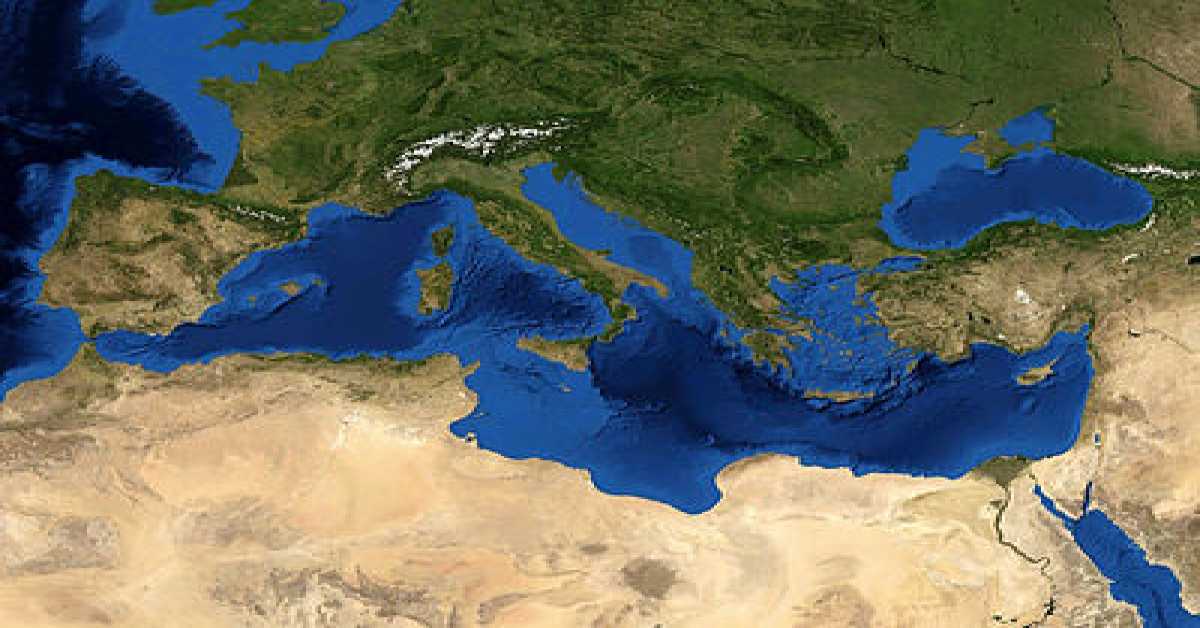Familial Mediterranean Fever (FMF) is an inherited disease, characterized by recurrent attacks of fever, inflammation of the abdominal lining (peritonitis), inflammation of the lining surrounding the lungs (pleurisy), painful, swollen joints (arthralgia a
FMF is considered a rare disease worldwide. However, it is very common in people of Sephardic (non-Ashkenazi) Jewish, Armenian, Arab and Turkish heritage. Among people with these backgrounds, about 1 in 200 has FMF. The availability of genetic testing has helped identify numerous cases among several additional populations with Mediterranean roots, including: Ashkenazi Jews, Italians, Greeks, Spaniards, and Cypriots, and occasional cases in a broad range of other ethnicities (Northern Europeans and Japanese).
FMF is characterized by relatively short, usually 1- to 3-day, episodes of fever accompanied with serositis, synovitis or skin rash. In some patients, attacks begin in infancy or very early childhood, but 80 to 90 percent of patients experience their first episode by age 20. Young children sometimes present with recurrent fevers alone. The frequency of FMF attacks is highly variable, both among groups of patients or for any individual patient, with the interval between attacks ranging from days to years. Moreover, the type of attack - whether abdominal, pleural or arthritic - may also vary over time. Between attacks, people commonly are symptom-free.
Other symptoms that may occur include inflammation of the lining surrounding the heart (pericarditis), inflammation of the testis (orchitis), benign, recurrent inflammation of the membrane that surrounds the brain and spinal chord (meningitis), headaches and amyloidosis. Amyloidosis occurs when a particular protein, called amyloid, builds up in various tissues of the body, primarily the kidney. Potentially, it is the most serious complication of FMF, causing kidney failure. In some cases the amyloidosis can develop even without overt attacks of FMF.Familial Mediterranean Fever (FMF) is an autosomal recessive inherited disease, which means it appears only in individuals who received two copies of the mutant (altered) gene that causes FMF, one from each parent. As many as 1 in 5 people of Sephardic (non-Ashkenazi) Jewish, Armenian, Arab and Turkish heritage have one mutant copy of the gene and are therefore carriers of FMF, which means they carry the mutant gene but do not suffer from FMF themselves.
At present, there is no known cure for Familial Mediterranean Fever (FMF). Physicians can only treat the symptoms of the disease.
A common therapy for FMF is daily use of the drug colchicine, a medicine that reduces inflammation. This therapy has been successful in preventing attacks of fever in 75 percent of patients who take the drug regularly, and over 90 percent of patients demonstrate a marked improvement. Even if colchicine does not prevent the fever attacks, it does prevent the amyloidosis. However, compliance in taking colchicine every day is very important. If a patient stops taking the drug, an attack can occur within a couple of days.


